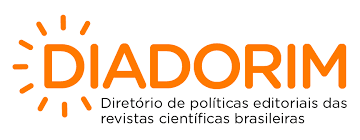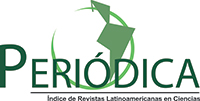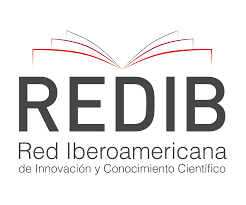USE OF PSYCHOACTIVE SUBSTANCES AND ACADEMIC PERFORMANCE OF UNIVERSITY STUDENTS IN THE HEALTH AREA
DOI:
https://doi.org/10.1590/ce.v28i0.91379Palavras-chave:
Health Sciences Students, Nursing Student, Alcohol, Tobacco, Cannabis.Resumo
Objective: to verify the most prevalent psychoactive substances used among undergraduate students in the health area and their interference in academic performance.
Methods: a total of 115 Nursing and Physical Education students from a public university in inland Ceará, Brazil, answered the Drug Use Screening Inventory questionnaire in 2021. To analyze the results, Pearson's chi-square and likelihood ratio statistical tests were used.
Results: a total of 65 (56%) students used analgesics, 54 (47%) drank alcohol and 14 (12.2%) smoked marijuana. There was no statistical association between use of psychoactive substances and academic performance. However, among those who used analgesics or alcohol, more than 1/3 analyzed their performance as poor/terrible or fair, and half of those who smoked marijuana analyzed it in the same way.
Conclusion: the study contributed to understanding the psychoactive substances prevalent in the university context and associated aspects, emphasizing the need for interventions.
Downloads
Publicado
Como Citar
Edição
Seção
Licença
A Cogitare Enfermagem se reserva no direito de efetuar, no artigo publicado, alterações de ordem normativa, ortográfica e gramatical, com vistas a manter o padrão culto da língua, respeitando, porém, o estilo dos autores.
O estudo publicado é de inteira responsabilidade do(s) autor(es), cabendo exclusivamente à Cogitare Enfermagem a avaliação do manuscrito, na qualidade de veículo de publicação científica. Não será permitido acréscimo ou mudança de autoria durante a etapa de avaliação ou após aceite do texto submetido.
A Cogitare Enfermagem não se responsabiliza por eventuais violações à Lei nº 9.610/1998, Lei Brasileira de Direitos Autorais.
A Cogitare Enfermagem permite que o autor detenha o copyright dos artigos aceitos para publicação, sem restrições.
Propriedade Intelectual e Termos de uso
Responsabilidade do Autor:
Quanto a autoria, os autores necessitam especificar, na página de identificação, qual o tipo de contribuição individual que exerceu durante a elaboração do artigo. Conforme os critérios estabelecidos pelo ICMJE disponível em: http://www.icmje.org/recommendations/browse/roles-and-responsibilities/defining-the-role-of-authors-and-contributors.html .
É importante destacar que são considerados quatro critérios mínimos de autoria, e todos aqueles designados como autores devem atendê-los, são eles:
- Contribuições substanciais para a concepção ou desenho do estudo; ou a aquisição, análise ou interpretação de dados do estudo;
- Elaboração e revisão crítica do conteúdo intelectual do estudo;
- Aprovação da versão final do estudo a ser publicado;
- Responsável por todos os aspectos do estudo, assegurando as questões de precisão ou integridade de qualquer parte do estudo.
Não será permitido acréscimo ou mudança de autoria durante a etapa de avaliação ou após aceite do texto submetido.
Os artigos publicados estarão licenciados sob a licença Creative Commons CC BY 4.0 Creative Commons — Attribution 4.0 International — CC BY 4.0 – A atribuição adotada pela Cogitare Enfermagem é permitida:
- Compartilhar – copiar e redistribuir o material em qualquer mídia ou formato;
- Adaptar – remixar, transformar e construir sobre o material para qualquer finalidade, mesmo comercialmente;
- Atribuição — Você deve atribuir o devido crédito, fornecer um link para a licença, e indicar se foram feitas alterações. Você pode fazê-lo de qualquer forma razoável, mas não de uma forma que sugira que o licenciante o apoia ou aprova o seu uso;
- Sem restrições adicionais — Você não pode aplicar termos jurídicos ou medidas de caráter tecnológico que restrinjam legalmente outros de fazerem algo que a licença permita.
Responsabilidade do Site:
A Cogitare Enfermagem encoraja os Autores a arquivar seus manuscritos aceitos, publicando-os em blogs pessoais, repositórios institucionais e mídias sociais acadêmicas, bem como postando-os em suas mídias sociais pessoais, desde que seja incluída a citação completa à versão do website da revista.”























